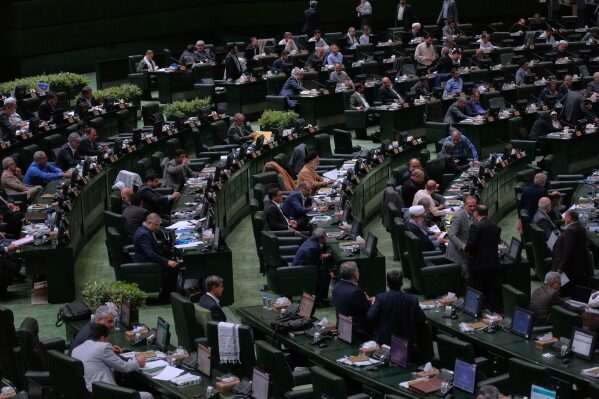Understanding the ‘Snapback’ Mechanism: Sanctions Reimposed on Iran’s Nuclear Programme

A significant shift in international relations occurred late Saturday as the United Nations reinstated a comprehensive set of sanctions against Iran’s nuclear program. This decision follows Britain, France, and Germany’s activation of the “snapback” mechanism from the 2015 nuclear deal, citing Iran’s failure to uphold its commitments. The reimposition of these sanctions comes at a critical juncture, marked by stalled negotiations with Western powers and recent military actions against Iranian nuclear sites by the United States and Israel.
Scope of the Sanctions
The newly reinstated sanctions impose extensive restrictions on Iran’s economy, specifically targeting entities involved in nuclear and ballistic missile development. These measures prohibit the supply of equipment, expertise, and financial support to Iran’s military and nuclear sectors. Key components of the sanctions include an arms embargo that forbids the sale or transfer of conventional weapons to Iran, as well as a ban on the import and export of technologies related to nuclear and missile programs. Additionally, the sanctions mandate the freezing of assets abroad belonging to individuals or organizations associated with these prohibited activities. Travel bans will also be enforced against designated individuals, and there will be restrictions on access to banking and financial systems that could facilitate Iran’s nuclear ambitions.
Consequences of Violating Sanctions
Any breach of the UN sanctions could lead to global asset freezes. Alongside the UN measures, the European Union is anticipated to reinstate its own sanctions that were previously suspended under the 2015 agreement. The objective of these sanctions is not only to limit Iran’s nuclear activities but also to exert financial pressure on Tehran to comply with international regulations. The United States has already imposed stringent sanctions since its withdrawal from the nuclear deal in 2018, which has severely impacted Iran’s oil revenue, a crucial source of income for the country.
Understanding the ‘Snapback’ Mechanism
The “snapback” mechanism allows for the restoration of earlier UN resolutions that were lifted as part of the nuclear deal. However, the practical enforcement of these sanctions relies on member states updating their national laws. While the sanctions are legally binding, their implementation may vary. Some countries, including China, have continued to engage in trade with Iran despite existing US sanctions. There are also concerns that Russia may disregard the snapback, creating uncertainty regarding China’s response, especially given its dependence on Iranian oil.
Iran’s Response and Calls for Diplomacy
In response to the reimposed sanctions, Iran has vehemently condemned the actions as “unjustifiable” and “legally baseless.” The Iranian foreign ministry stated that the reactivation of annulled resolutions is without legal standing and urged other nations to reject this “illegal situation.” Iran has pledged to defend its interests vigorously, warning that any attempts to undermine its rights will be met with a strong response. Despite the tensions, Western leaders have emphasized the importance of maintaining diplomatic channels. US Secretary of State Marco Rubio called on Tehran to engage in direct talks, stressing the need for cooperation to ensure global safety. The foreign ministers of Britain, France, and Germany reiterated their commitment to finding a diplomatic solution to prevent Iran from acquiring nuclear weapons, highlighting the urgency of avoiding further escalation.
Observer Voice is the one stop site for National, International news, Sports, Editor’s Choice, Art/culture contents, Quotes and much more. We also cover historical contents. Historical contents includes World History, Indian History, and what happened today. The website also covers Entertainment across the India and World.
Follow Us on Twitter, Instagram, Facebook, & LinkedIn

